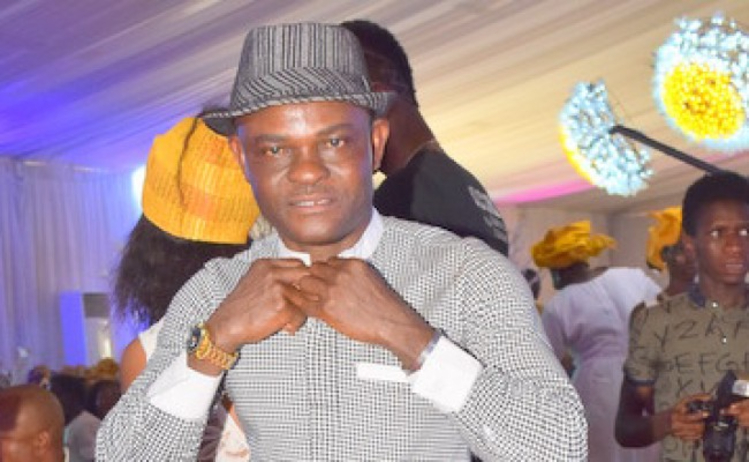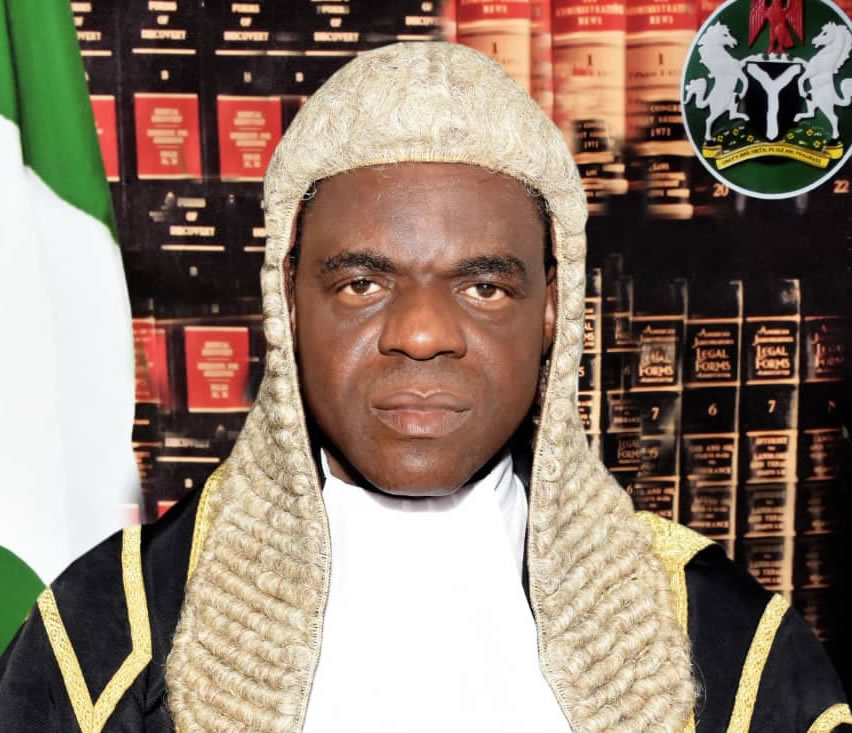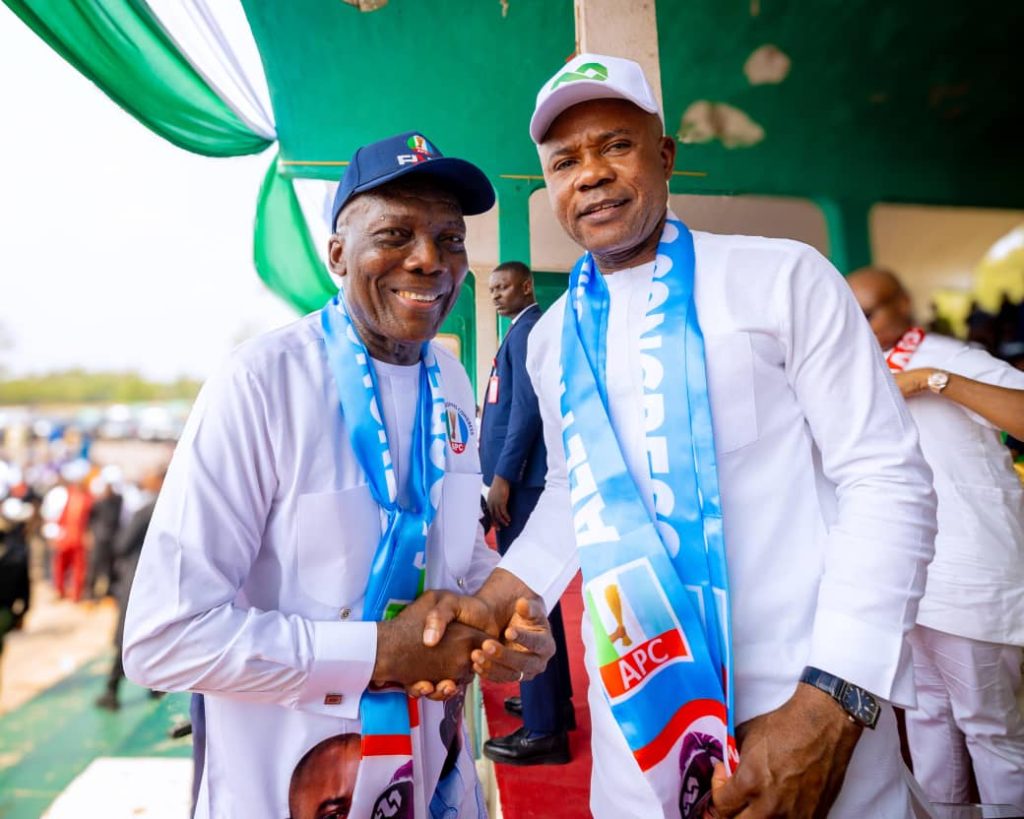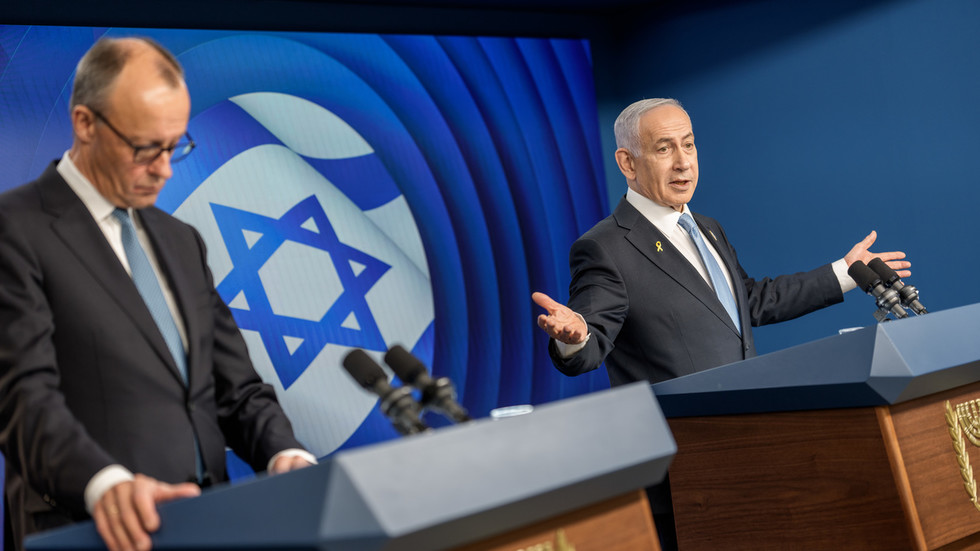Nigerian state leaders presented diverging visions for constitutional reform during a public hearing on the review of the country’s 1999 constitution, highlighting debates over regional equity, governance costs, and law enforcement. Imo State Governor Hope Uzodimma and Abia State Governor Alex Otti clashed over proposals for expanding Nigeria’s geopolitical structure at the event held in Owerri, organized by the National Assembly’s constitution review committee.
Governor Uzodimma advocated for creating two additional states in the country’s South-East region, arguing that the area’s current five-state structure perpetuates underrepresentation in federal institutions. The zone is the only one in Nigeria with fewer than six states, a disparity Uzodimma described as “shrinking our voice and abridging inclusivity.” He specifically proposed “Anim State,” emphasizing its potential as an oil-producing entity with revenue-generating capacity. The governor also called for new local government areas, expanded definitions of indigene rights, and a six-zone rotational presidency to replace the current North-South power-sharing model. On policing, he backed decentralizing law enforcement, dismissing concerns about gubernatorial abuse as “outdated.”
In contrast, Governor Otti, represented by his deputy Ikechukwu Emetu, cautioned against creating 31 new states nationwide, warning of unsustainable administrative costs. He urged reforms to ensure equitable resource distribution and political inclusion within existing structures. “Nigeria’s lean resources cannot support bloated bureaucracies,” Otti stated, proposing job creation and citizen-centered policies over territorial expansions. While aligning with Uzodimma on creating state police forces to address security gaps, Otti stressed the need for clear operational standards and accountability mechanisms.
Both leaders supported enhancing women’s political participation, with Otti endorsing reserved legislative seats and internal party reforms. He also called for free, compulsory basic education as a constitutional right but warned against legally elevating local governments as separate governance tiers, citing bureaucratic inefficiency risks.
Deputy Speaker Benjamin Kanu, chairing the review committee, framed the hearings as part of Nigeria’s “most comprehensive” constitutional overhaul since independence, involving 87 prioritized amendments. The process has included stakeholder summits on grassroots governance and gender equality, following a Supreme Court ruling affirming local election autonomy. Kanu reiterated commitments to closing legal gaps and ensuring representation for all Nigerians, lauding President Bola Tinubu’s engagement with legislative reforms.
The session reflects ongoing tensions between addressing historical marginalization fears and managing fiscal realities in Africa’s most populous nation, where constitutional revisions remain pivotal to balancing regional interests with national cohesion.



